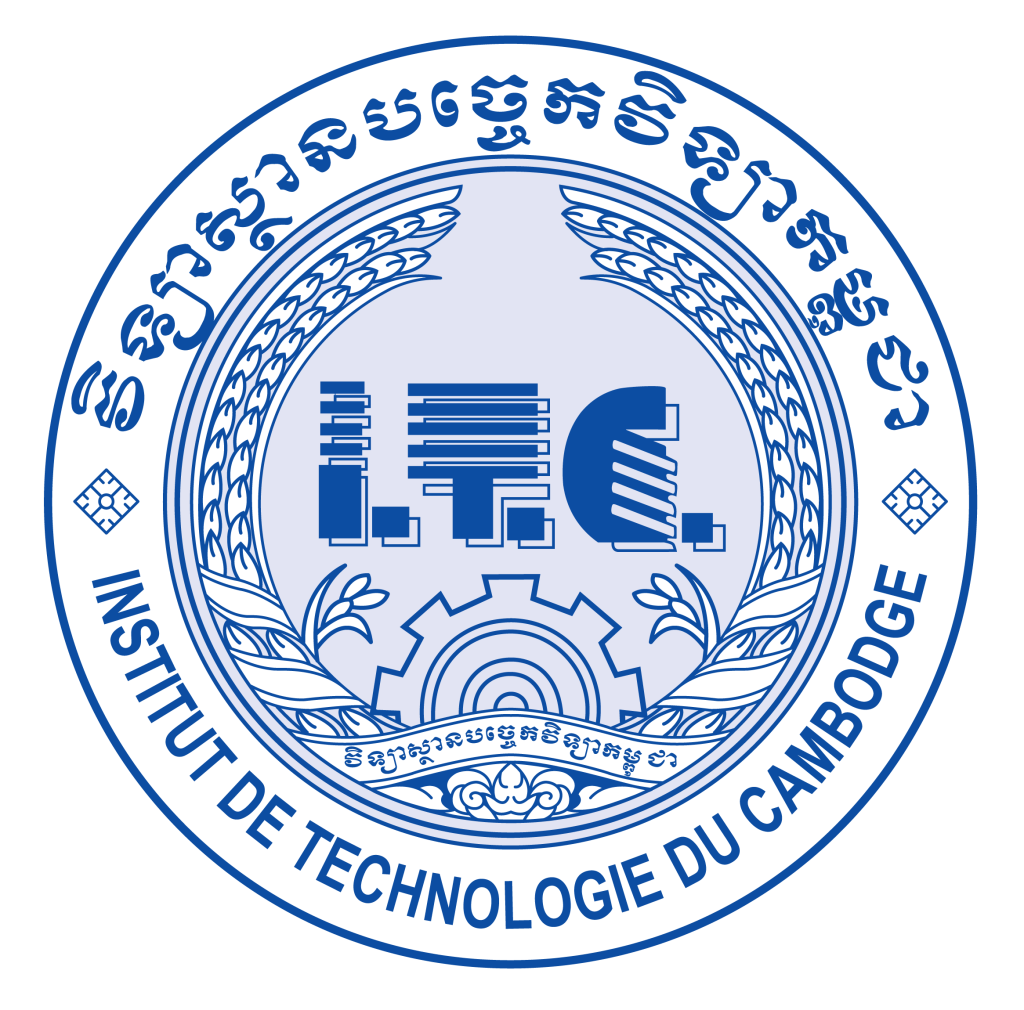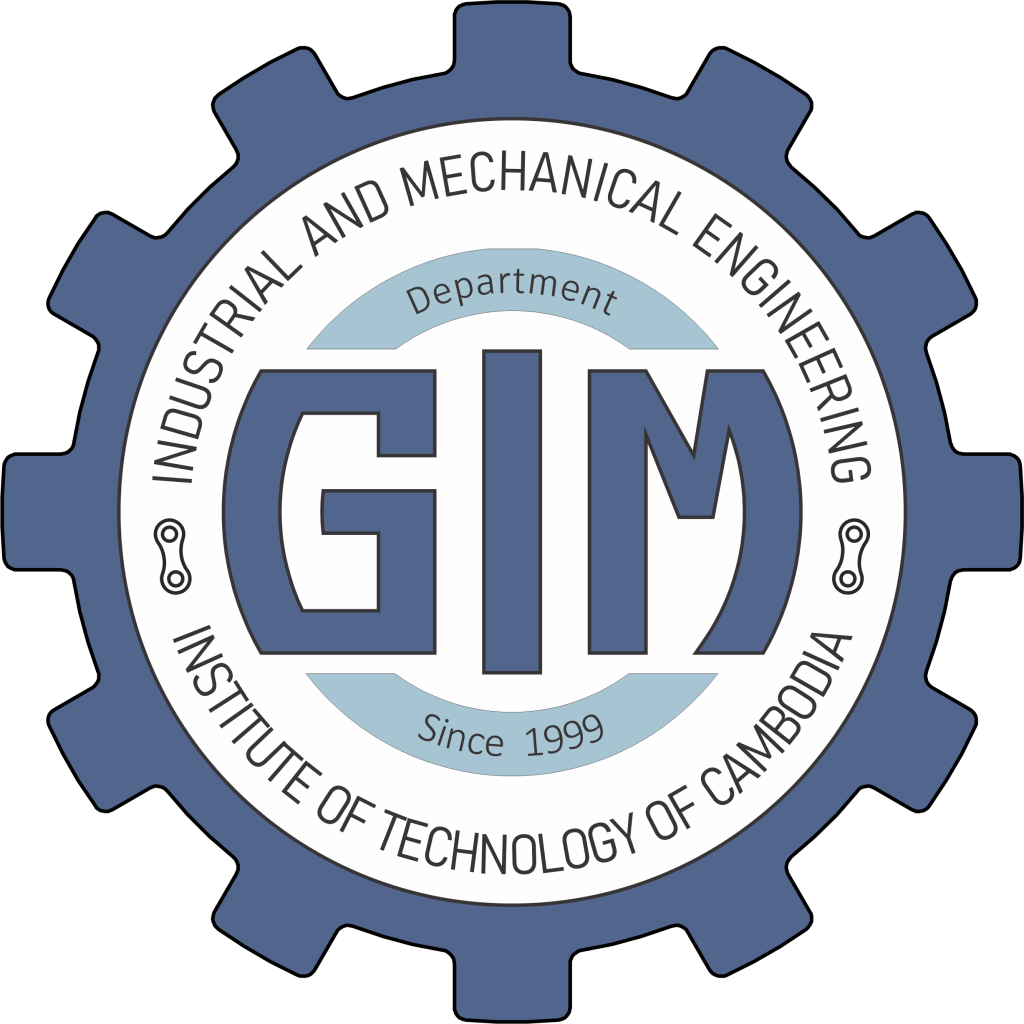Industrial Engineering Program Framework
Programme Educational Objectives (PEOs) & Learning Outcomes (PLOs)
1. Programme Educational Objectives (PEOs)
PEO1: Advanced Technical Expertise
To produce **industrial engineers** with advanced technical expertise capable of addressing complex **industrial engineering** problems in both professional practice and research, on a national and international level. (Aligned with ITC Mission #1 and #2: talented and skilled engineers)
PEO2: Lifelong Learning & Social Responsibility
To cultivate lifelong learners who embody integrity and responsibility in their roles within industry, society, and the environment, and who actively work to reduce inequality and address climate impact. (Aligned with ITC Mission #1: cultivate lifelong learners)
PEO3: Entrepreneurial Spirit & Innovation
To produce entrepreneurial spirit by fostering innovation in **industrial engineering**, and supporting the creation of start-ups and new technologies. (Aligned with ITC Mission #2: entrepreneurial spirit)
PEO4: Technology & Digital Tools
To foster **industrial engineers'** ability to leverage technology and digital tools to unlock new efficiencies, capabilities, and opportunities. (Aligned with ITC #2:Technology & digital tools)
2. Programme Learning Outcomes (PLOs)
Click on a Domain to view the detailed Learning Outcomes.
PLO1: Explain theories, concepts, and procedures that support **industrial engineering** practice. (~C2)
PLO2: Upon completion of the program, students can investigate and critically analyze complex problems in the field of **industrial engineering**. (~C4)
PLO3: Graduates will operate laboratory equipment accurately with appropriate instructional aids. (~P3)
PLO4: Contribute to and facilitate constructive resolution of issues in group situations, whether in a leadership role or as a team member. (~A4)
PLO5: Organize and prioritize responsibilities to demonstrate commitment and accountability for assigned tasks. (~A4)
PLO6: Integrate attention to detail and task-related values systematically to ensure thoroughness and reliability in work (Entrepreneurial skills). (~A4)
PLO7: Follow safety and housekeeping procedures consistently to maintain a safe working environment (Ethics and Professionalism). (~A4)
PLO8 – Communication: Students will communicate effectively both orally and in writing in English or French. (~P4)
PLO9 – Digital skills: By the end of the program, students will use digital tools competently and independently without relying on instructions. (~P4)
PLO10 – Numerical Skills: By the end of the program, students will be able to analyze complex problems based on numerical and statistical data. (~C4)
3. PLO to PEO Mapping
The table below illustrates the sample mapping between the Programme Learning Outcomes (PLOs) and the Programme Educational Objectives (PEOs). **Click any row to highlight its connections.**
| PLO | PEO 1 (Technical) |
PEO 2 (Social/Learn) |
PEO 3 (Entrepreneurial) |
PEO 4 (Digital) |
|---|---|---|---|---|
| PLO 1 | ✓ | |||
| PLO 2 | ✓ | |||
| PLO 3 | ✓ | |||
| PLO 4 | ✓ | |||
| PLO 5 | ✓ | |||
| PLO 6 | ✓ | |||
| PLO 7 | ✓ | |||
| PLO 8 | ✓ | |||
| PLO 9 | ✓ | |||
| PLO 10 | ✓ | |||
| Total | 4 | 2 | 2 | 2 |

